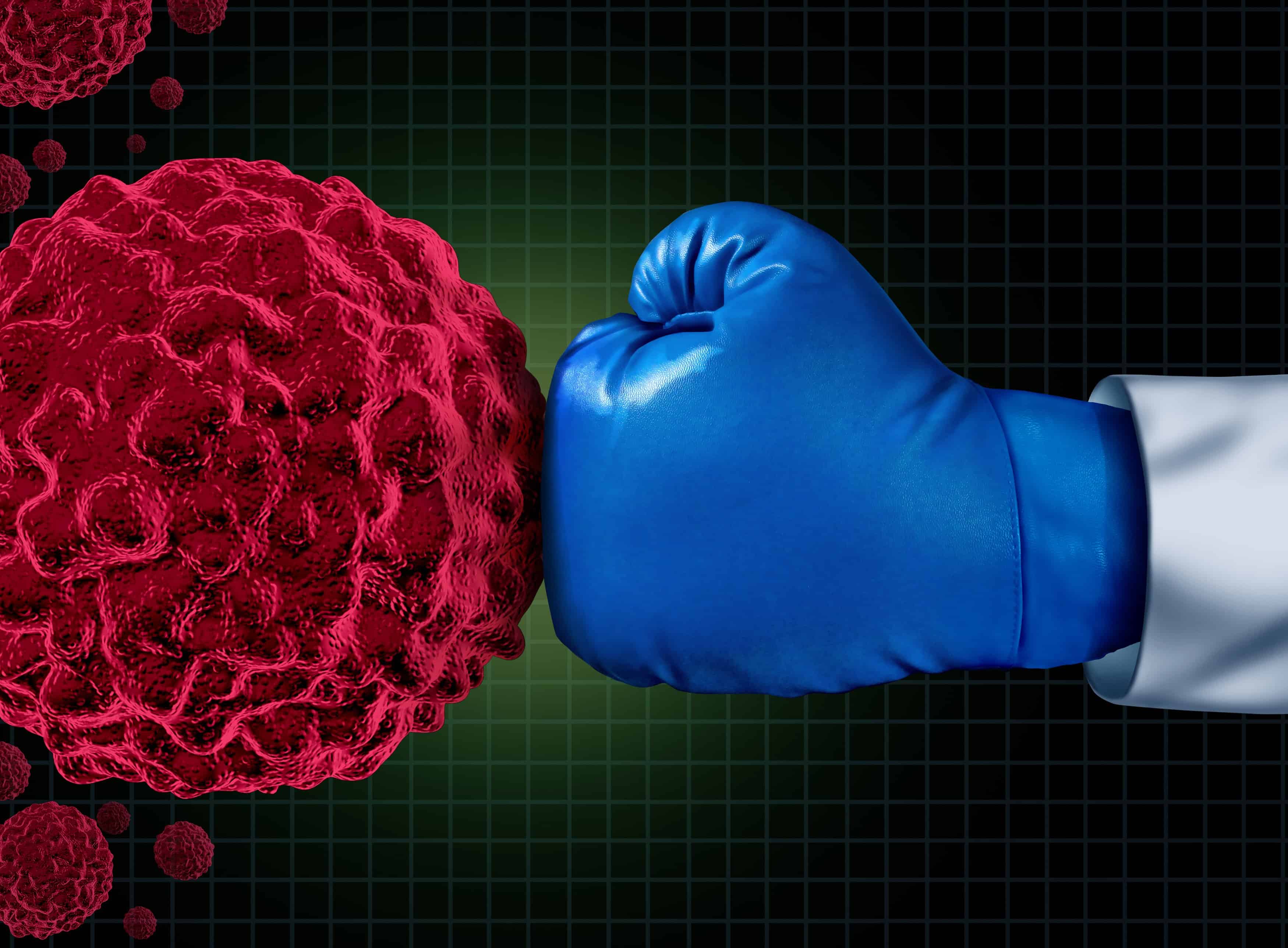Drug-Laden Nanoparticles Hunt and Eliminate Cancer Stem Cells
The fear of relapse is one that constantly haunts cancer patients after any initial treatment has moved the disease into remission, but understanding how and why cancer returns eluded scientists for many years. Cancer stem cells represent a tiny fraction of cells in a tumor, but it only takes one or two to seed a new tumor. The challenge for physicians and researchers is not only finding these cells, but treating them.
Now, a team of researchers from the University of Illinois has now created a new nanoparticle therapy that can target and destroy cancer stem cells to stop the disease returning.
“I call them ‘GPS-enabled nanoparticles,’ because they seek out only the cells that have cancer stem cell properties. Then they latch onto the cells and deliver the drug,” said Dipanjan Pan, a UI professor of bioengineering. “To the best of our knowledge, this is the first demonstration of delivering cancer stem-cell-targeted therapy with a nanoparticle.”
The researchers designed nanoparticles that specifically bind to a protein that marks the surface of breast cancer stem cells. Encapsulated in the particles is the drug niclosamide – a drug commonly prescribed around the world
to treat tapeworm infections, but in cancer stem cells it turns off key gene pathways that give the cells the stem-like properties that enable them to grow and spread.“It is critical to administer treatments for already-developed tumors; however, long-term survival and not allowing it to come back are equally important,” Pan said. “We want to destroy the cells that are hidden in the tissue and cause the cancer to come back or spread to other parts of the body.”
The new study has cancer cells losing their stemlike properties after treatment with the niclosamide-bearing targeted nanoparticles, making them less able to cause the cancer to recur or metastasize. The researchers also saw a significant decrease in overall cancer cell growth, both in the cell cultures and in the mice.
By using an already-approved drug and easy-to-manufacture nanoparticles, Pan hopes that this system can become an accessible and cost-efficient treatment to prevent cancer recurrence in patients.
“This work also is important to future researchers working in the field of cancer stem cells,” said postdoctoral researcher Santosh Misra, the first author of the study. “We described and confirmed the proteins and genes responsible for vital processes in these cells, and that is opening up new avenues to make better therapies.”
The treatment is currently being tested on larger animal models in the hopes it can be moved to human clinical trials in the near future.






























